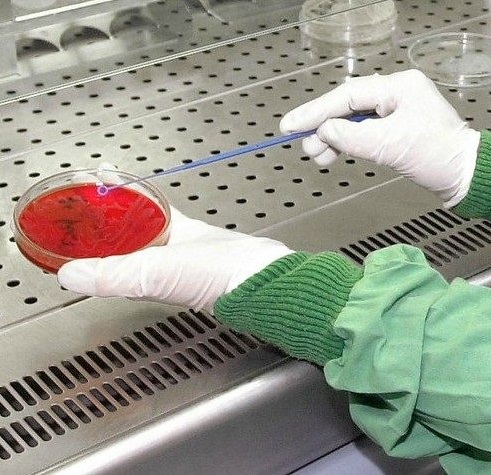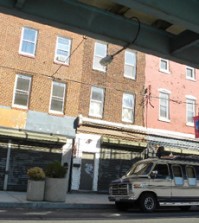- California Assembly OKs highest minimum wage in nation
- S. Korea unveils first graphic cigarette warnings
- US joins with South Korea, Japan in bid to deter North Korea
- LPGA golfer Chun In-gee finally back in action
- S. Korea won’t be top seed in final World Cup qualification round
- US men’s soccer misses 2nd straight Olympics
- US back on track in qualifying with 4-0 win over Guatemala
- High-intensity workout injuries spawn cottage industry
- CDC expands range of Zika mosquitoes into parts of Northeast
- Who knew? ‘The Walking Dead’ is helping families connect
USFK says 22 personnel may have been exposed to anthrax sample
SEOUL/WASHINGTON, May 28 (Yonhap) — Dozens of personnel may have come in contact with a live anthrax sample that was accidentally sent to an American military base in South Korea, but none of them have shown signs of infection, U.S. Forces Korea (USFK) said Thursday.
A Department of Defense lab in Dugway, Utah, shipped it to the Joint United States Forces Korea Portal and Integrated Threat Recognition Program at Osan Air Base, south of Seoul, along with other anthrax samples that were sent to labs in nine states, according to the Pentagon.
The sample was destroyed after it was found that the bacteria may not be an “inert training sample as expected,” USFK said in a separate news release.
“Osan Air Base took prudent cautionary measures May 27, 2015, to investigate a potential exposure to a suspected sample of Anthrax,” it said.
Noting that the 22 personnel “may have been exposed during the training event,” the statement added that “none of the personnel have shown any signs of possible exposure and there is no risk to the public.”
An investigation has been under way to determine the cause, it added.
Anthrax bacteria, which are used for biological weapons, can cause serious harm or death when people come in contact with it, inhale anthrax spores or consume infected meat.
In 2001, letters containing anthrax killed five people and spread panic in the U.S.
In Washington, Col. Steve Warren, a Pentagon spokesman, said his department is working with the Centers for Disease Control and Prevention in their investigation into the “inadvertent transfer of samples.”
The lab was working as part of a Pentagon effort to develop a field-based test to identify biological threats in the environment, Warren said, adding that the department “has stopped the shipment of this material from its labs pending completion of the investigation.”
Meanwhile, South Korea’s defense ministry said that it has possessed antibiotics that can treat its soldiers if they are infected with anthrax.
“South Korea’s state-run disease control agency is seeking to develop an anthrax vaccine by 2016,” it said. “If the development of the vaccine is completed, the government plans to buy it.”
















